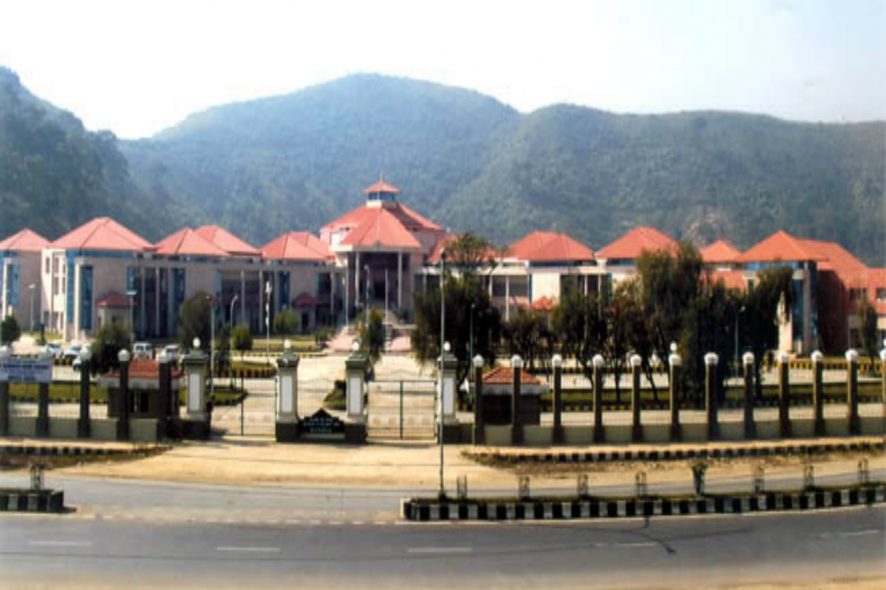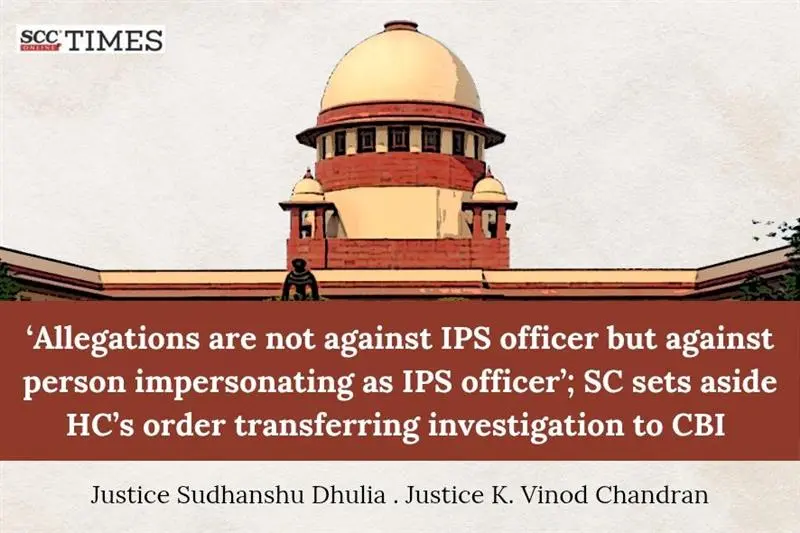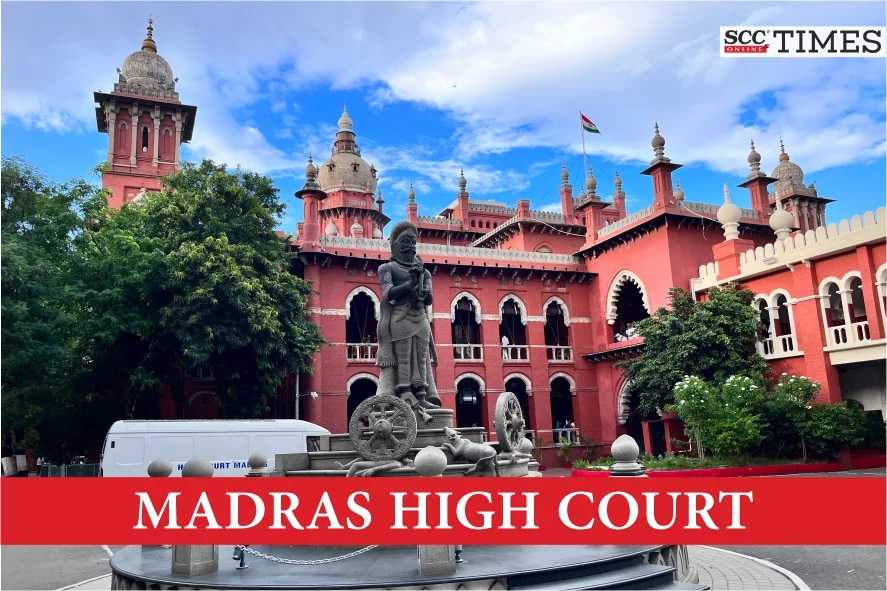Manipur High Court: While dealing with the question that whether the State Women’s Commission has a right to issue arrest warrant at the inquiry level, the bench comprising of Mr. S. Serto J., said that State Women’s Commission has the power of a Civil Court and therefore, can also issue arrest warrant at the inquiry stage.
The wife of one of the Petitioners had filed a complaint before the State Commission for Women alleging ill-treatment by her husband and his family members. The Commission admitted the complaint and issued summons to the Petitioners which when denied forced the Commission to issue arrest warrants. The Petitioners through this Writ Petition challenged this order of the Commission. The learned council for the Commission said that the Commission action is merely in exercise of its power as provided under Section 10(2) of the Manipur State Commission for Women Act, 2006 to which the Opposite Council replied that the function of the Commission as provided under Section 10 of the Act is to find out shortcomings, deficiencies or problems in the existing system relating to protection of rights of women as provided under the Constitution or any other law and to recommend suggestions and remedies to the State Government. But the Commission’s jurisdiction does not extend to admitting of complaints and trying of such complaints as is done by Courts and Tribunals. Therefore, admitting the complaint and thereby directing the Petitioners to appear before it, amounts to assuming the function of a Court or Tribunal, and as such, acting beyond its jurisdiction. The Court placed heavy reliance on Bhabani Prasad Jena v. Convenor Secretary, Orissa State Commission for Women, (2010) 8 SCC 633, where the Supreme Court said that the State Commission is competent to receive complaints and take up the grievances raised in the complaint/s with the concerned authorities for appropriate remedial measures.
The Court further observed that the Commission has the power not only to entertain such complaint but to direct the parties to appear in order to ascertain whether there is substance in the complaint or not and the Commission also has the power of Civil Court as provided under Clause (2) of Section 10 of the Act. [Keisham Rojenkumar Singh v. State of Manipur, 2016 SCC OnLine Mani 77, decided on 20.06.2016]











